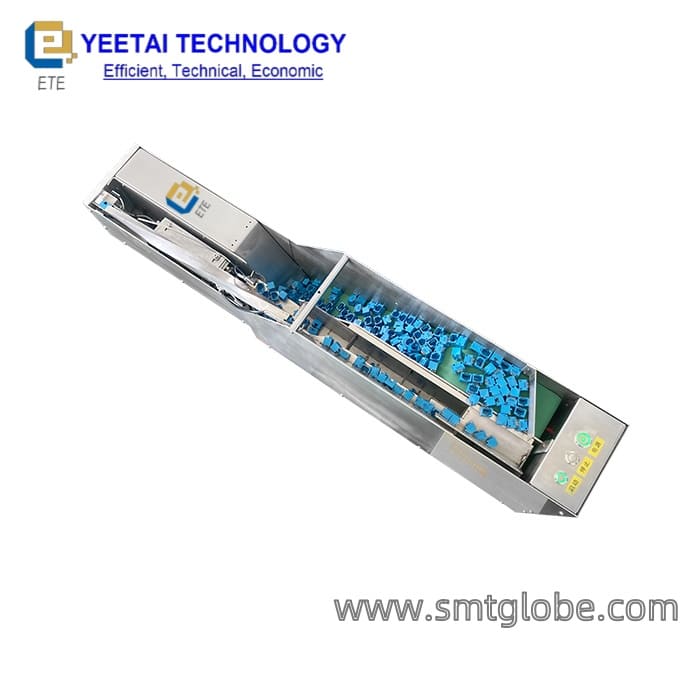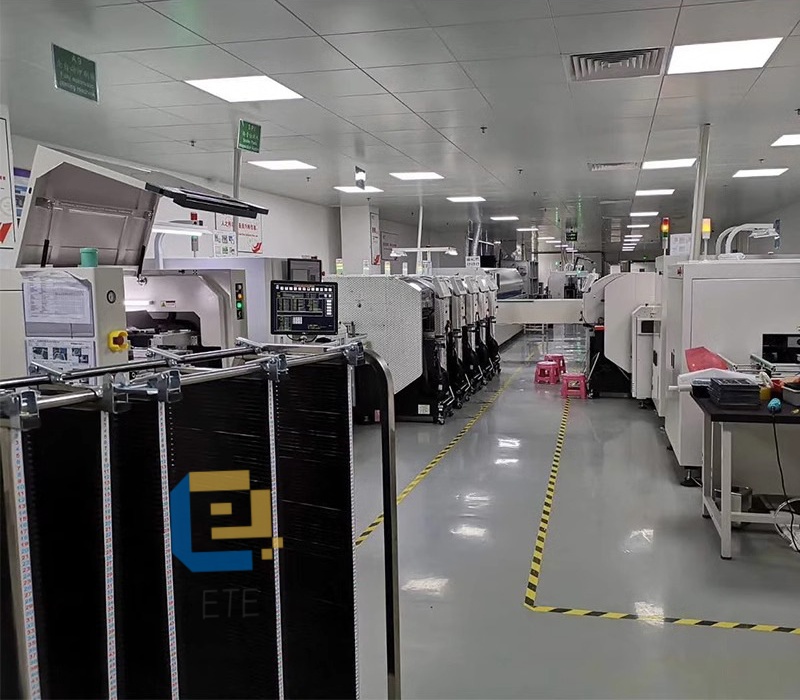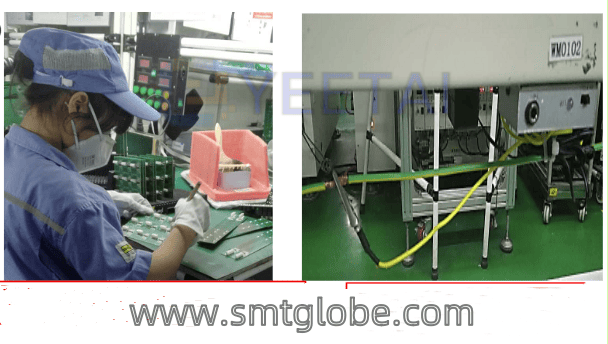With the rapid advancement of technology, flexible feeding solutions are becoming a crucial component in production workflows. This innovative technology is transforming traditional manufacturing models, delivering unprecedented efficiency and flexibility across various industries.

Flexible feeding technology is an advanced material handling system that can sort, position, and present products through flexible feeding systems, quickly and accurately supplying items to assembly lines. At the core of this technology is its high degree of flexibility and automation, enabling production processes to swiftly adapt to different types and sizes of products, significantly enhancing productivity.
In sectors such as automotive manufacturing, electronics assembly, and food processing, flexible feeding technology has already found widespread application. In the automotive industry, flexible feeding systems can rapidly classify and position various components, greatly facilitating subsequent assembly operations. In electronics assembly, this technology ensures the precise delivery of small components, thereby improving product quality and production efficiency.
The advantages of flexible feeding technology extend beyond its flexibility and automation. It also contributes to cost savings in production. Since flexible feeding systems can accommodate diverse product demands without the need for additional equipment or labor, they reduce costs and minimize resource waste. Furthermore, the high automation levels of these systems decrease the influence of human factors on the material supply process, lowering the probability of errors and further enhancing productivity and product quality.
Currently, the flexible feeding equipment market is experiencing steady growth. As downstream industries such as automotive, electronics, and healthcare rapidly develop, the demand for flexible feeding systems continues to rise, with market size expected to expand. Additionally, as technology advances and innovates, the performance and functionality of flexible feeding systems will be further enhanced, leading to greater transformations in production processes across various sectors.
However, the development of flexible feeding technology faces several challenges. Firstly, as market competition intensifies, manufacturers of flexible feeding equipment must continuously improve product performance and quality to meet the growing demands of customers. Secondly, with increasing environmental awareness, the eco-friendliness of flexible feeding has become a focal point. Manufacturers need to develop more environmentally friendly materials and technologies to reduce pollution during production.
YEETAI specializes in the research and development of SMT feeders and process improvements, focusing on a range of products including SMT feeders, odd-form component feeders, pick-and-place machine feeders, flexible feeding systems, vibrating bowls, vertical/horizontal tape feeders, solder paste feeders, and label feeders.
Looking ahead, flexible feeding technology will continue to play a pivotal role in production processes. With ongoing advancements and innovations, flexible feeding systems will become more intelligent, efficient, and environmentally friendly. As the market size continues to grow, flexible feeding technology will find applications and promotion in more fields, contributing significantly to the transformation of global production processes.
In conclusion, flexible feeding technology, with its unique advantages and broad application prospects, is emerging as a new force shaping the future of production workflows. We have reason to believe that in the near future, flexible feeding technology will bring revolutionary changes to the production processes across various industries worldwide.
At YEETAI, we produce all kinds of feeder to upgrade SMT machines.



